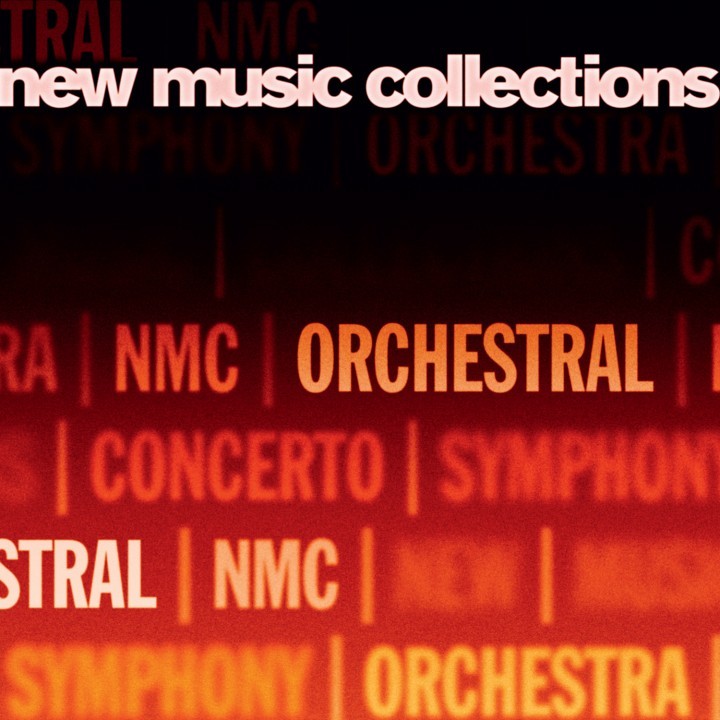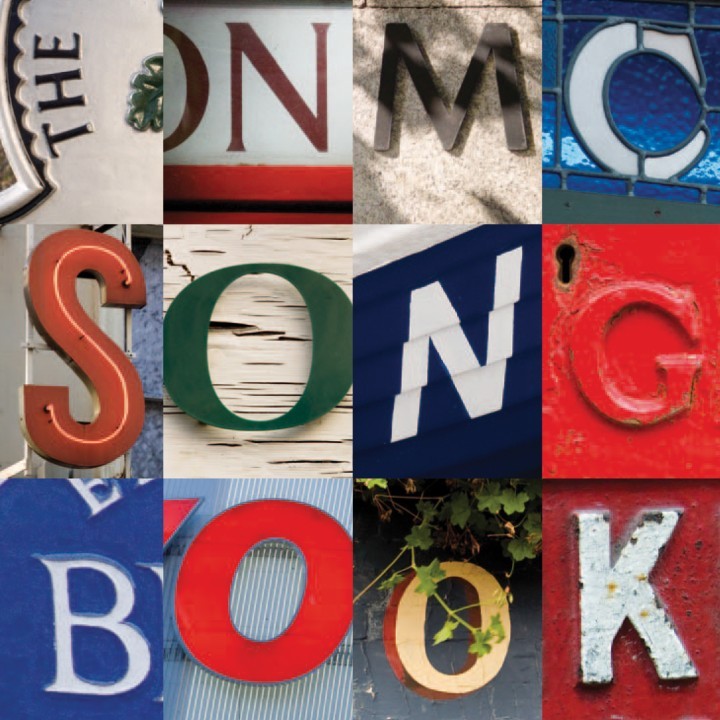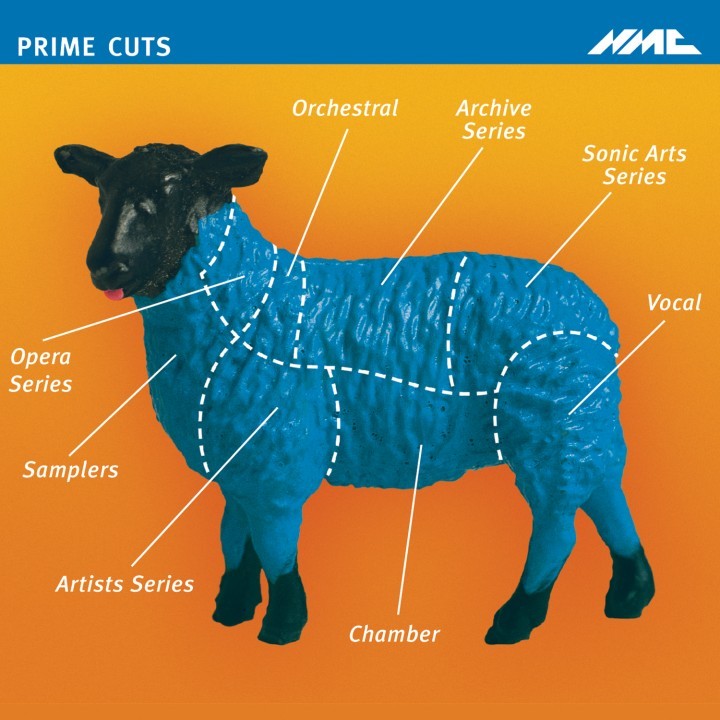Hugh Wood
Hugh Wood was born at Parbold, near Wigan, Lancashire, in 1932. His mother was a pianist, but though music was therefore an active force in his life from early on, he went up to Oxford as an historian, and only subsequently took up full-time musical study (with Anthony Milner, Iain Hamilton and Matyas Seiber). He himself has since taught music regularly, at various levels: at Morley College (1958-67), the Royal Academy of Music (1962-75), Glasgow (1966-70) and Liverpool (1971-75) Universities, and finally Cambridge (1976-99), where he was a Fellow of Churchill College. He is a well-known broadcaster and writer on music, brilliantly effective especially as a polemicist against hack criticism, and a superb apologist for music that he happens to admire. A book of Hugh Wood's collected writings was published by Plumbago Press in 2008.
As a composer, Wood has typically preferred chamber music genres, a leaning which suggests a greater interest in the structural and contrapuntal working-out of ideas than in colourful sound or musical portraiture or narrative. An early String Quartet was performed at the Cheltenham Festival in 1959, and he has since written five further string quartets and other chamber works.
His orchestral writing includes concerti for cello, violin and piano; the symphonic cantata Scenes from Comus (1962-5) based on Milton's masque; a Symphony; and a set of Variations, written for the BBC Symphony Orchestra and performed at the Last Night of the Proms in 1998. Wood's most recent large-scale orchestral work is the deeply personal Serenade and Elegy for string orchestra and string quartet, written in memory of the composer's daughter.
Song-writing has always been important to Wood, and he has written songs to poems by Laurie Lee, Robert Graves, Ted Hughes, Pablo Neruda, T. S. Eliot and D.H. Lawrence. Wild Cyclamen, commissioned by the Royal Philharmonic Society and the BBC for Andrew Kennedy, gained Wood a British Composers Award 2006 in the category of Vocal Music.
Many of Hugh Wood's works have been commercially recorded, including his Symphony, all three concerti (two reissued in NMC's Ancora series), four string quartets, The Kingdom of God (a choral work composed for St Paul's Cathedral Choir) and his Horn Trio.
Hugh Wood was born at Parbold, near Wigan, Lancashire, in 1932. His mother was a pianist, but though music was therefore an active force in his life from early on, he went up to Oxford as an historian, and only subsequently took up full-time musical study (with Anthony Milner, Iain Hamilton and Matyas Seiber). He himself has since taught music regularly, at various levels: at Morley College (1958-67), the Royal Academy of Music (1962-75), Glasgow (1966-70) and Liverpool (1971-75) Universities, and finally Cambridge (1976-99), where he was a Fellow of Churchill College. He is a well-known broadcaster and writer on music, brilliantly effective especially as a polemicist against hack criticism, and a superb apologist for music that he happens to admire. A book of Hugh Wood's collected writings was published by Plumbago Press in 2008.
As a composer, Wood has typically preferred chamber music genres, a leaning which suggests a greater interest in the structural and contrapuntal working-out of ideas than in colourful sound or musical portraiture or narrative. An early String Quartet was performed at the Cheltenham Festival in 1959, and he has since written five further string quartets and other chamber works.
His orchestral writing includes concerti for cello, violin and piano; the symphonic cantata Scenes from Comus (1962-5) based on Milton's masque; a Symphony; and a set of Variations, written for the BBC Symphony Orchestra and performed at the Last Night of the Proms in 1998. Wood's most recent large-scale orchestral work is the deeply personal Serenade and Elegy for string orchestra and string quartet, written in memory of the composer's daughter.
Song-writing has always been important to Wood, and he has written songs to poems by Laurie Lee, Robert Graves, Ted Hughes, Pablo Neruda, T. S. Eliot and D.H. Lawrence. Wild Cyclamen, commissioned by the Royal Philharmonic Society and the BBC for Andrew Kennedy, gained Wood a British Composers Award 2006 in the category of Vocal Music.
Many of Hugh Wood's works have been commercially recorded, including his Symphony, all three concerti (two reissued in NMC's Ancora series), four string quartets, The Kingdom of God (a choral work composed for St Paul's Cathedral Choir) and his Horn Trio.
Recordings by this composer
RecordingsCompilations with this composer
CompilationsRelated composers
Related composersRelated news
NewsExternal Links
Music Map
Discover more about the classical music of today with NMC's Music Map, and exciting and educational online tool which enables you to see and hear the connections between composers, their teachers, pupils, influences and their works.
Music Map






